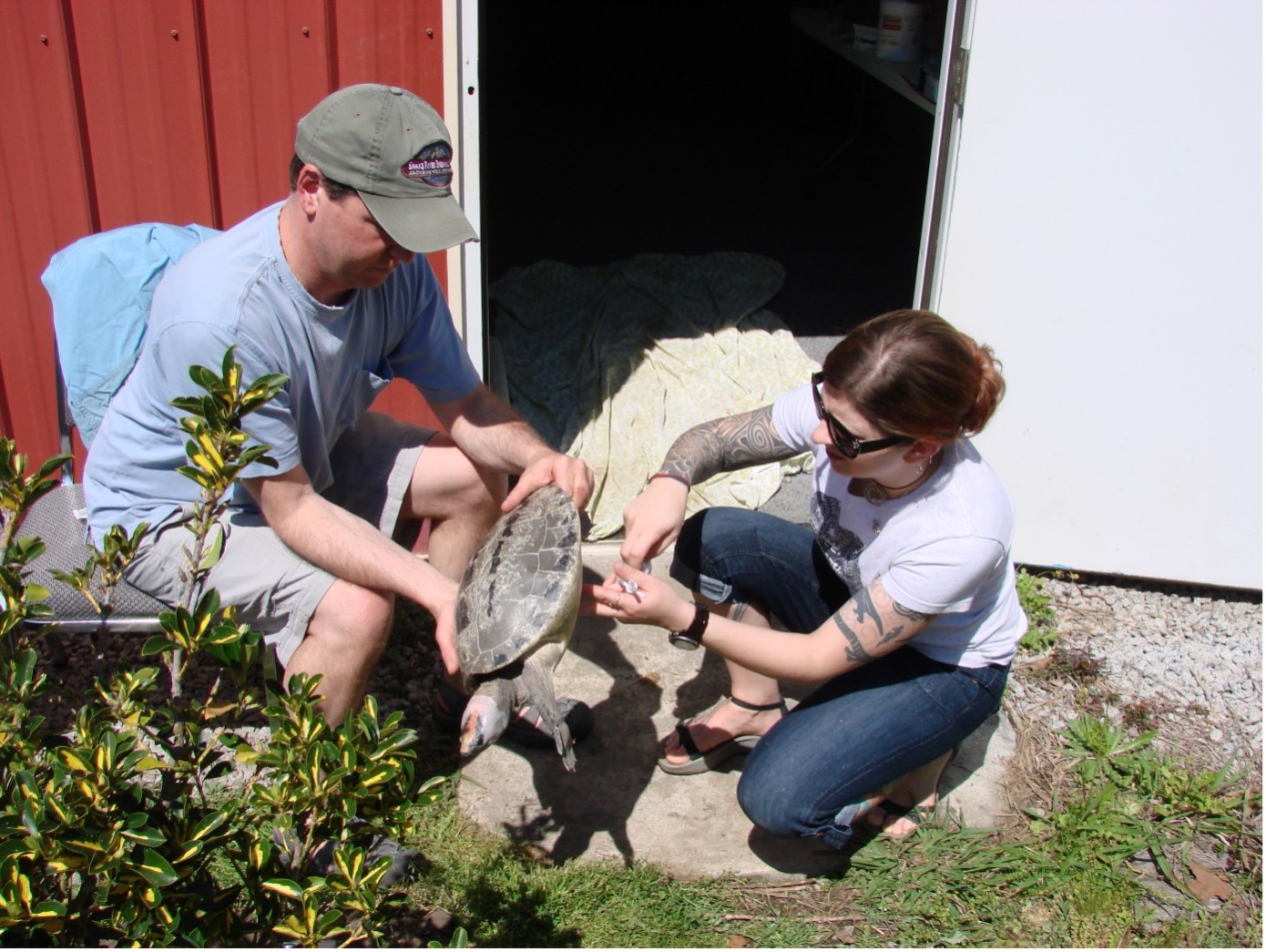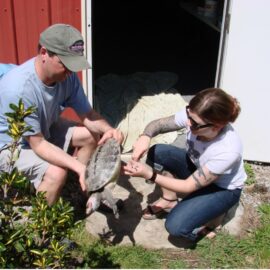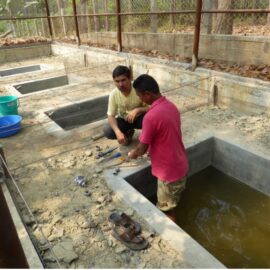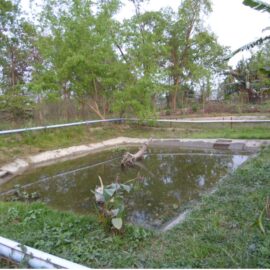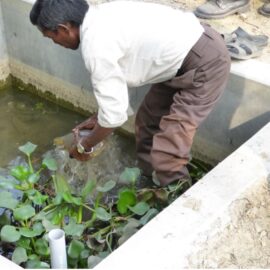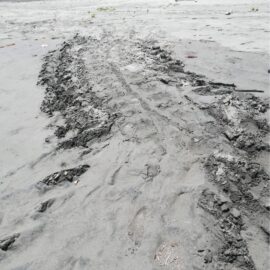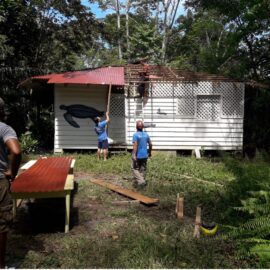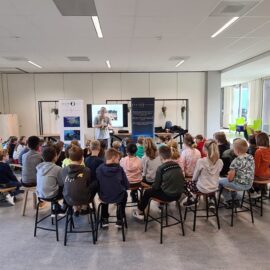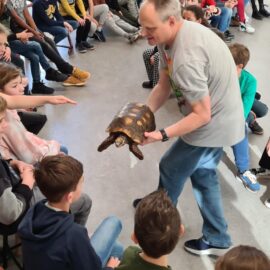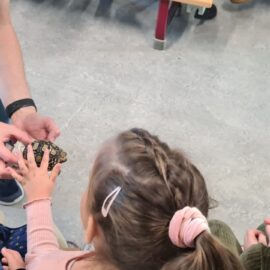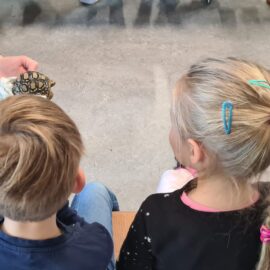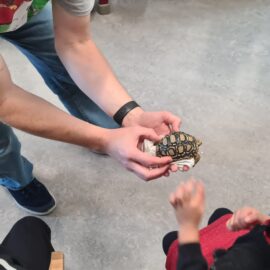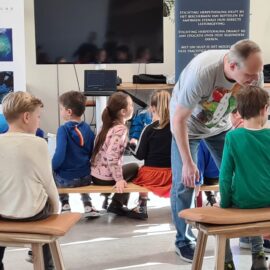Together with our longest standing education partner, the Herpetofauna Foundation, Healthy Seas is proud to have supported turtle and tortoise conservation over the last year.
During our joint school programmes in the Netherlands in July and November, we talked to children about the environment and the various problems that animals face. To help the children get more involved in the topics regarding waste management, recycling and habitat protection, the turtle was chosen as an ambassador species, mainly because of their conservation status and ongoing challenges. Turtles (and tortoises) are very much at risk because of plastic pollution that is plentiful in the world’s oceans and that includes getting entangled in fishing gear.
During our school programmes, the children have a chance to meet some real-life tortoises. The school then supports us through allowing us to sell our merchandise and collect donations which we hand over to 2 turtle conservation programmes. This way, we’ve been able to make a difference in the life of hundreds of animals.
Who do we support:
The first turtle conservation programme is the ARCO centre in Spain. Their primary work is to supply a temporary home for turtles and tortoises that have been seized by customs and give animals much needed care and medical attention so they can be put back into their natural habitat. ARCO also helps to rehabilitate animals that have been injured and they do this with only volunteers.
The care and maintenance of their centres is very costly, and they get funding from zoos, government programmes that deal with the seized animals and through educational programmes. Most of their funding however comes from gifts and donations and with the money from our school programmes, they have been able to renovate their ponds and also start a breeding programme with endangered species in their Nepal facility.
The other programme we’re able to support is the Cahuita turtle rescue centre in Costa Rica that aims to preserve the habitat and population of the leatherback turtle. Cahuita collects eggs on the beach in the breeding season and gives them a “protective” incubation period so the eggs can’t be poached or dug up by predators.
Some nests are left alone of course, to not upset the natural balance and also the locals get a chance to collect eggs, which they have done for centuries. Cahuita educates local communities about the risks of these practices, but they do respect local traditions and are therefore more successful in their endeavours. Also, other species breed and lay eggs on the beach and they get similar protection. After the eggs hatch, volunteers release the young turtles on protected patches of beach and in the off season they all help to clean up the beaches and shoreline from plastics and discarded fishing gear.
With the support of our school programmes, they’ve been able to create a fully operational, incubation facility and this model will be used in other communities as well, saving many thousands of turtles each year.



